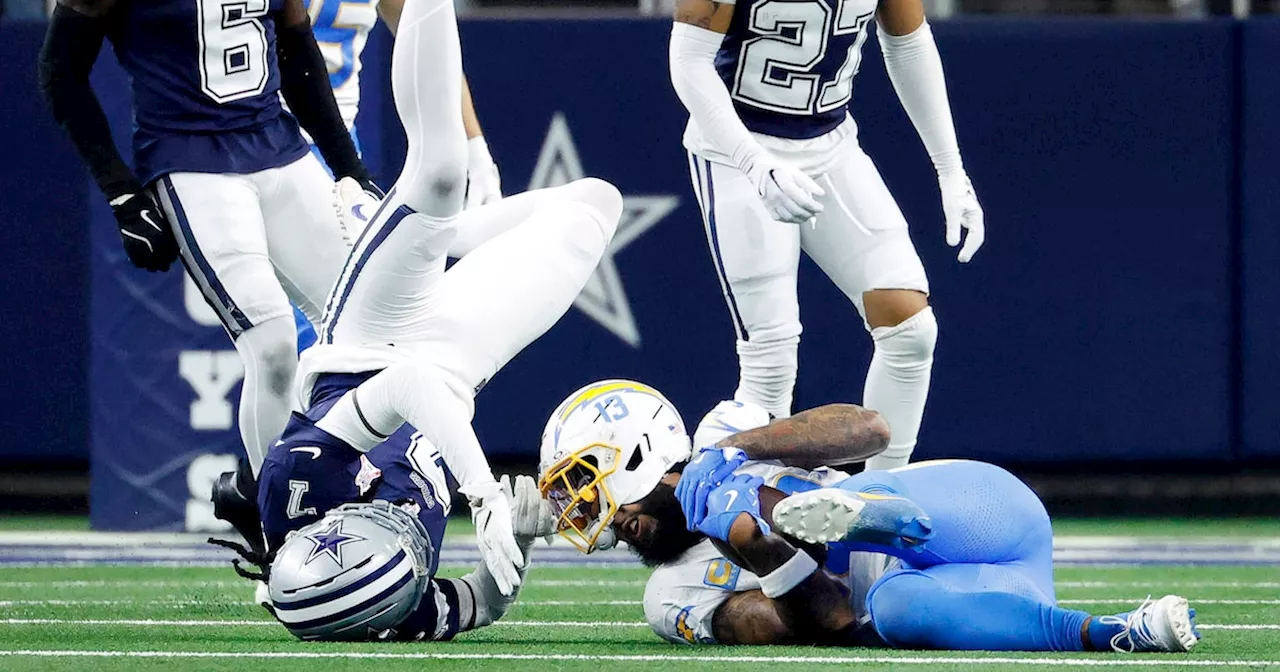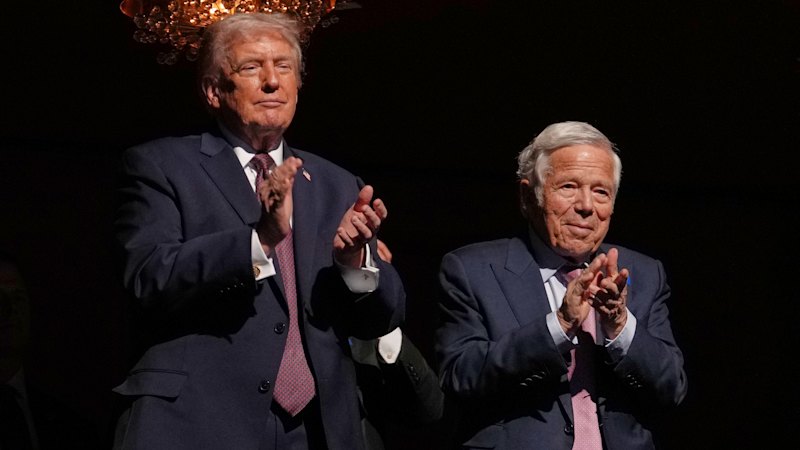MADRID, Spain — Mike McDaniel commenced his Wednesday press conference in Madrid by greeting the media with “¿Que tal?” This Spanish phrase translates to “what”s up?” or “how are things?” While it may not be commonly used in South Florida, the sentiment was clear. The head coach of the Miami Dolphins aimed to connect with the nation that will host their game against the Washington Commanders on Sunday, marking the first regular-season NFL game held in Spain.
The NFL views Spain as a vital market for growth, particularly in expanding its fan base in Spanish-speaking regions. Each team was assigned a foreign territory last spring, and the Dolphins have embraced this challenge. The potential for revenue in these markets is significant, with millions, if not billions, at stake. With soccer”s rising popularity in the U.S., particularly through Major League Soccer and international leagues, the NFL faces stiff competition for both audience and marketing dollars.
Despite the NFL retaining its status as the most popular sport in the United States due to lucrative media contracts, soccer boasts a more extensive global reach. This has prompted the NFL to enhance its international presence and revenue sources. The growth of soccer in the U.S. has been notable since the 1970s, with increased youth participation and more televised matches from leagues such as the English Premier League and La Liga contributing to a burgeoning fan base.
The Dolphins have experience playing internationally, having participated in the NFL”s inaugural International Series game in 2007 against the New York Giants in London. Following their game in Madrid, Miami will have played a total of eight international matchups, with seven occurring during Steve Ross”s ownership. Ross has been a key advocate for the NFL”s push into global markets, believing it will enhance the league”s brand and create additional revenue opportunities.
Madrid becomes the fourth European city to host an NFL regular-season game, joining London, Munich, and Frankfurt. Outside of Jacksonville, which has played numerous home games in London, and Buffalo, which has hosted games in Toronto, no team has participated in more international contests than the Dolphins.
However, these international games come with challenges. The Dolphins have sacrificed four home games to support the league”s expansion efforts. Players often find the overseas matches physically demanding due to disruptions in their routines, which is why teams typically receive a bye week following these games. Both the Dolphins and Commanders have spent the week in Madrid preparing, striving for a competitive balance.
Fullback Alec Ingold noted, “You lose six hours of prep for your week. That is a lot tougher on the coaches than the players. But the biggest advantage is the camaraderie.” The team has enjoyed bonding time both on and off the field, with players taking part in sightseeing during their downtime. Pass rusher Bradley Chubb, who visited Madrid earlier this summer, led his teammates on a shopping excursion.
As the Dolphins prepared for practice at Atlético de Madrid”s stadium, McDaniel expressed satisfaction with their training facilities, stating, “You can tell it”s first-class for sure. We feel very fortunate to be able to have access to a facility like this.” The NFL has made strides in ensuring that international games are a better experience for players and coaches. This time, the Dolphins have access to various recovery amenities, including hot and cold tubs, saunas, and steam rooms.
Chubb mentioned that some players have brought their personal trainers and therapists to Madrid, underscoring the importance of maintaining their physical well-being ahead of the game. On game day, international events present a unique atmosphere, where fans may not fully understand when or why to cheer. The crowd tends to be a mix of supporters from all 32 NFL teams, creating a festive, Super Bowl-like environment.
The objective is to enhance the experience of these international games as they become more frequent, mirroring the process of learning a new language that requires patience and understanding. Chubb humorously shared, “I can start a conversation. I can”t continue a conversation.” Everyone begins somewhere.







